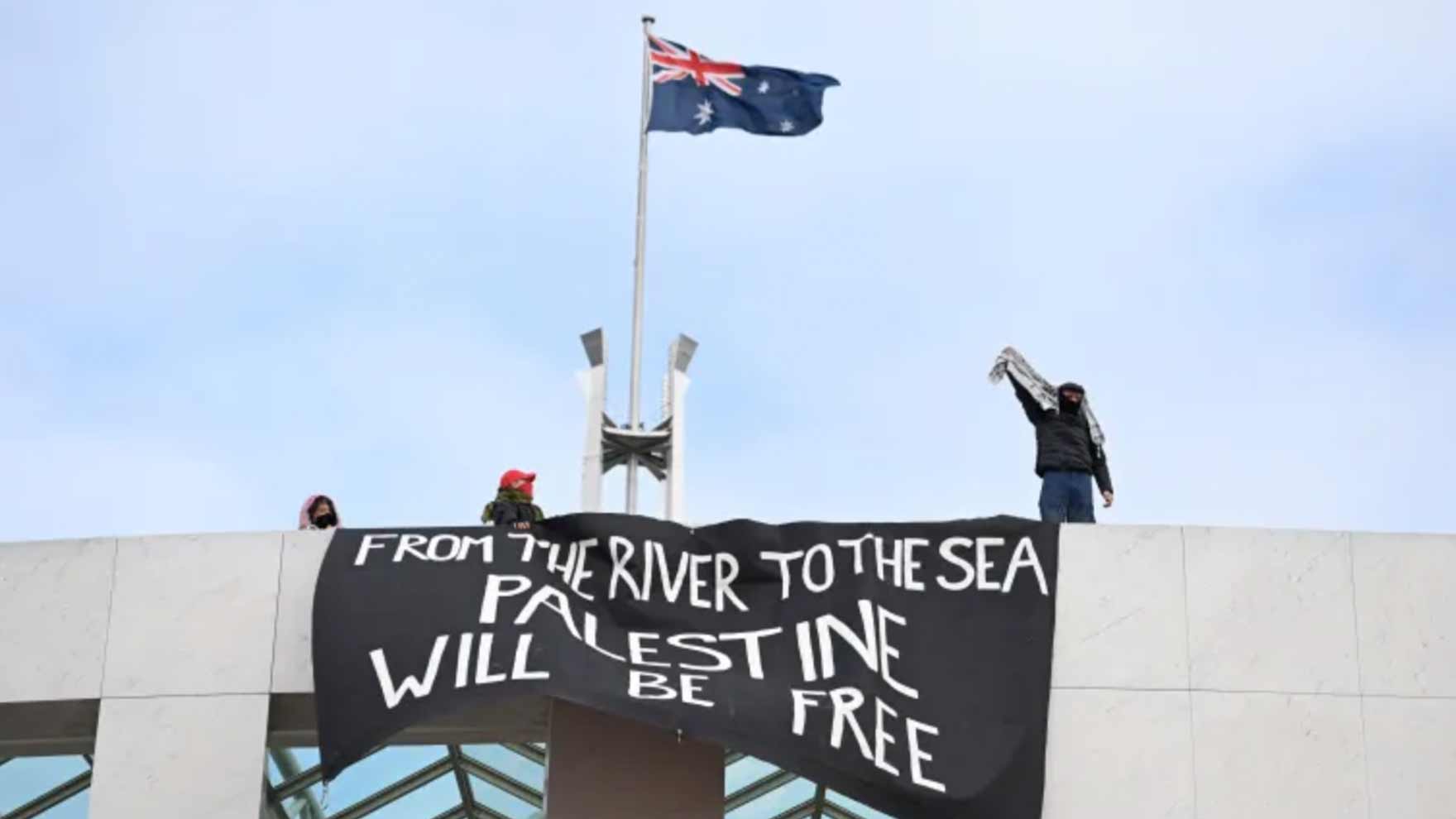On June 26, WikiLeaks founder Julian Assange plead guilty to a single felony charge related to the publication of classified U.S. military secrets. The plea deal concludes a 14-year-long legal saga that drew international attention and sparked intense debates over issues of press freedom, national security, and the role of journalism in holding governments accountable.
Julian Assange's legal battle began in 2010 when WikiLeaks published nearly 750,000 classified U.S. military and diplomatic documents. These documents included detailed records of the wars in Afghanistan and Iraq, as well as sensitive diplomatic cables that exposed the inner workings of U.S. foreign policy. The release of classified documents positioned WikiLeaks as a major force in global journalism, but also placed Assange in the crosshairs of U.S. authorities.
Credit: AFP News Agency - "Collateral Murder" VideoOne of Julian Assange's most controversial releases was the "Collateral Murder" video, which showed a U.S. helicopter attack in Baghdad that killed civilians, including two Reuters journalists. Additionally, the Afghan War Diaries, Iraq War Logs, and a vast trove of diplomatic cables exposed civilian casualties, unreported incidents of torture, and sensitive international negotiations.
 Credit: Military Times - Bradley / Chelsea Manning
Credit: Military Times - Bradley / Chelsea Manning
Former U.S. Army intelligence analyst Bradley Manning, now Chelsea Manning, illegally obtained and disseminated the classified information to Assange. In May 2010, Manning was convicted and sentenced to 35 years in prison. Manning's sentence was later commuted by President Barack Obama.
The Trump administration pursued charges against Assange, ultimately indicting him on multiple counts under the Espionage Act. A protracted legal battle began over his extradition back to the United States.
 Credit: Bloomberg - Belmarsh Prison
Credit: Bloomberg - Belmarsh Prison
In an effort to avoid extradition to Sweden in 2010, where he faced unrelated allegations of sexual misconduct, Assange sought asylum in the Ecuadorian Embassy in London. He remained there for seven years as he fought to avoid being handed over to U.S. authorities. His stay in the embassy came to an abrupt end in April 2019 when Ecuador, under President Lenin Moreno, revoked his asylum. British police immediately arrested Assange, leading to his imprisonment in the high-security Belmarsh prison in London.
For nearly five years, Assange remained in Belmarsh, where he continued to fight extradition to the United States. During this time, his legal team argued that his prosecution under the Espionage Act represented a grave threat to press freedom, asserting that Assange’s actions were those of a journalist and publisher, not a criminal conspirator. They argued his case could set a dangerous precedent for journalists worldwide who engage in investigative reporting on government activities.
 Credit: The Hill - Assange Arriving in Australia
Credit: The Hill - Assange Arriving in Australia
On June 26, 2024, in the face of mounting legal and diplomatic pressure, the U.S. government and Assange’s legal team reached a plea agreement that would allow Assange to plead guilty to a single count of conspiracy to obtain and disclose national defense information. Assange was sentenced to 62 months, which corresponded to the time he had already served. This sentence effectively made Assange a free man. Following the hearing, Assange boarded a flight bound for Australia, where he was eagerly awaited by his family and supporters.
 Credit: BU Alumni Magazine - Julian Assange
Credit: BU Alumni Magazine - Julian Assange

